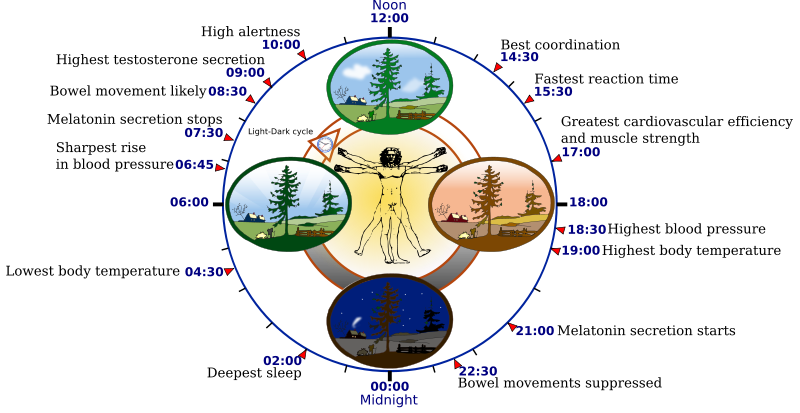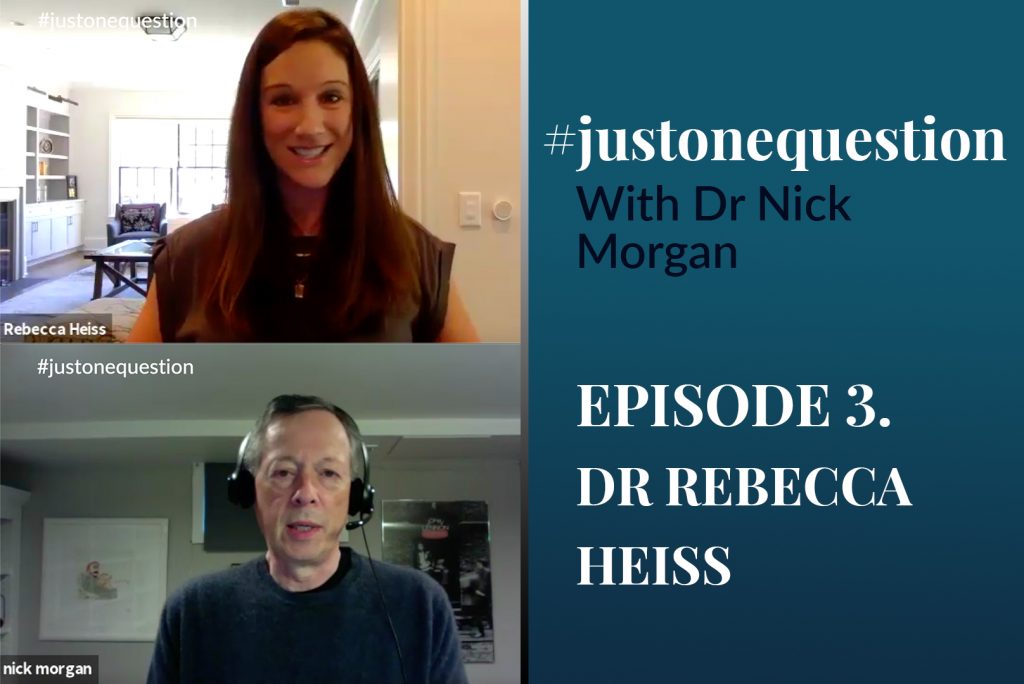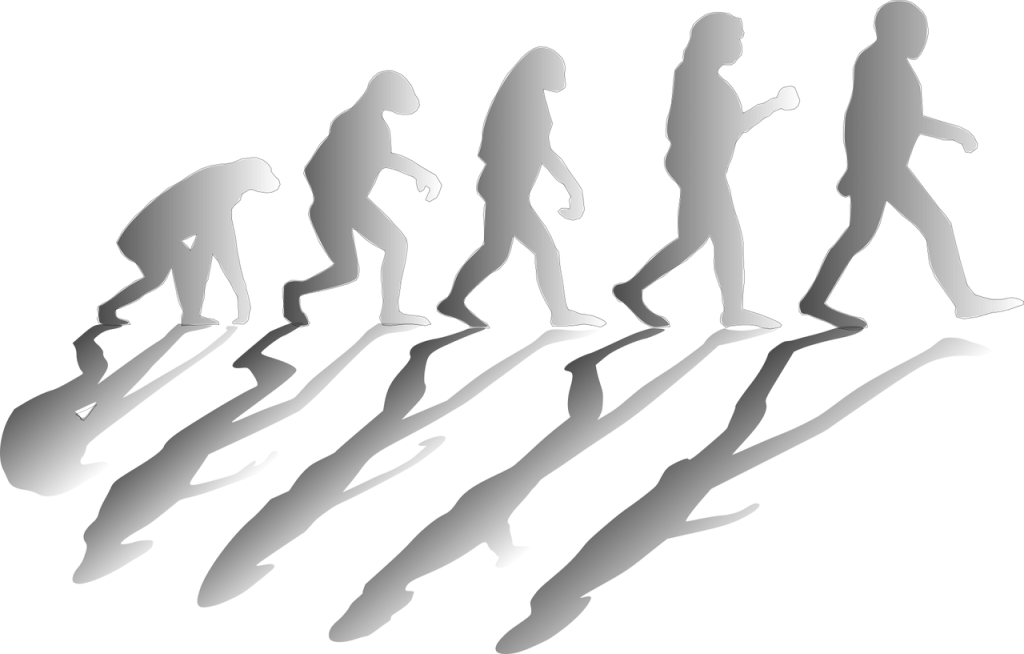When we take into account that our brains are optimized to function in a world where hunting, farming, and gathering are the main activities where it must engage, there should be little surprise to find that there are some issues when instead we are forced to work in indoor spaces.
Our brains operate on a circadian rhythm—roughly a 24-hour cycle which helps to synchronize our behaviors and bodies to our natural environments. When this rhythm is disrupted (i.e., you spend all day without access to natural light, or you brighten your evenings with cell phones or other screens) a whole host of problems can arise including sleep disorders, obesity, depression, diabetes, heart disease, etc.

A team of neuroscientists at Northwestern has found a strong relationship between quality of life measures and the amount of natural light exposure workers experience during their shifts:
Compared to workers in offices without windows, those with windows in the workplace received 173 percent more white light exposure during work hours and slept an average of 46 minutes more per night. [This] may provide a profound way to improve office workers’ productivity and health, as well as the safety of the community they work and live in.
It’s incredible to me that such a seemingly simple factor, natural light, can have such a significant impact on our ability to function optimally. Need more incentive? Have a look at the energy savings from buildings designed to use more natural light. So the only real question this leaves me is….who gets the window office?








